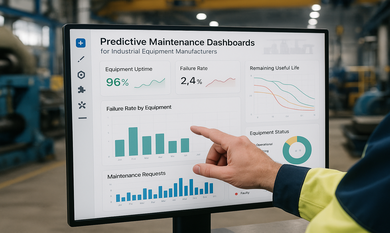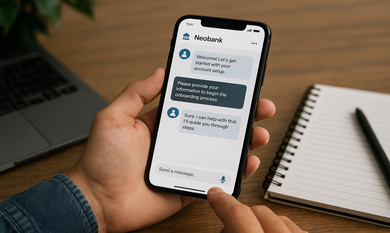The modern automotive supply chain is a complex web of suppliers, logistics providers, and manufacturers spanning continents. For Tier-1 automotive companies, maintaining visibility over every component—from raw materials to final assembly—is no longer optional.
Regulatory mandates, increasing product complexity, and growing customer expectations are driving the need for end-to-end vehicle traceability. Enter blockchain: a decentralized, tamper-proof technology reshaping how automotive manufacturers track parts, certify quality, and respond to recalls.
Why Traceability Matters More Than Ever
Historically, automotive traceability systems relied on siloed databases and paper trails. This approach is no match for today’s demands:
- Complex Supply Chains: A single vehicle contains over 30,000 parts sourced globally.
- Regulatory Compliance: Regulations like the EU General Safety Regulation require end-to-end traceability.
- Recall Readiness: Fast, precise tracking minimizes the cost and scope of recalls.
- Counterfeit Prevention: Blockchain helps verify authenticity and prevent fraudulent components.
According to McKinsey, robust traceability systems can reduce recall response times by up to 50%, limiting financial and reputational damage.
How Blockchain Solves Traceability Challenges
Blockchain creates a shared ledger accessible to all authorized parties in the supply chain. Every transaction—from parts transfers to inspections—is time-stamped and cryptographically recorded.
Key Benefits:
✅ Immutability: Once data is added, it can’t be altered retroactively.
✅ Transparency: Stakeholders access a unified, real-time view of records.
✅ Automation: Smart contracts streamline workflows and enforce compliance rules.
✅ Interoperability: Blockchain integrates with IoT sensors and ERP systems.
This transparent environment delivers a single source of truth, reducing errors and disputes.
Core Components of Blockchain-Enabled Traceability
1. Unique Digital Identities
Every part and vehicle gets a unique identifier linked to its origin, manufacturing process, and certifications.
2. IoT Integration
Sensors track temperature, location, and handling, supporting blockchain in manufacturing use cases.
3. Smart Contracts
Automated rules release payments, flag exceptions, and verify compliance.
4. Permissioned Access
Role-based permissions protect sensitive supplier and production data.
Real-World Example: BMW PartChain
BMW has launched PartChain, a blockchain-powered platform to trace parts across its network. The system allows:
- Real-time provenance verification.
- Supplier certification management.
- Tamper-proof quality records.
This initiative highlights how blockchain solutions for manufacturing improve transparency, efficiency, and accountability.
Benefits for Tier-1 Automotive Manufacturers

1. Faster Recalls
Blockchain enables precise tracking of defective components, reducing the impact of recalls.
2. Quality Assurance
Immutable records prove compliance with safety and regulatory standards.
3. Supply Chain Resilience
Real-time visibility helps manufacturers respond proactively to disruptions.
4. Counterfeit Prevention
Unique digital IDs safeguard against fake parts entering the supply chain.
5. Simplified Audits
Auditors can quickly verify records, reducing costs and cycle times.
Integrating Blockchain with Existing Systems
Successful adoption depends on connecting blockchain with ERP, MES, and PLM platforms.
Many Tier-1 suppliers collaborate with partners offering custom software development services Dallas TX to design solutions that fit existing workflows and security requirements.
API-driven integration helps blockchain nodes communicate with supply chain databases and production systems. This ensures consistent, real-time updates without duplicating data.
Overcoming Common Challenges
While blockchain delivers powerful benefits, manufacturers should prepare for:
- Scalability: Permissioned networks like Hyperledger Fabric handle high transaction volumes.
- Data Privacy: Sensitive information can be encrypted or stored off-chain.
- Consensus Selection: Choosing protocols that balance security and speed.
- Supplier Readiness: Smaller suppliers may need technical assistance to onboard.
Working with a startup IT consulting services Dallas team can help you navigate these complexities and build a phased implementation plan.
Blockchain in Automotive Manufacturing: Use Cases
1. Parts Traceability
Record each step in a component’s journey from raw material to assembly.
2. Compliance Management
Prove that parts meet regulatory standards before they reach production lines.
3. Recall Automation
Quickly identify affected vehicles and suppliers during recalls.
4. Supplier Certification
Digitally verify credentials and quality audits.
These examples underscore the growing importance of blockchain in auto manufacturing.
The Role of Smart Contracts in Automotive Workflows
Smart contracts streamline complex processes:
✅ Automated Compliance
Validates whether components meet quality standards before acceptance.
✅ Instant Payments
Releases funds automatically when conditions are met.
✅ Warranty Management
Maintains tamper-proof service and warranty records.
Emerging Trends in Blockchain for Manufacturing
1. IoT-Enabled Tracking
Combining IoT sensors with blockchain ensures real-time, reliable tracking of parts and materials.
2. Sustainability Reporting
Blockchain helps track carbon footprints and material sourcing for ESG compliance.
3. Collaborative Ecosystems
Multiple OEMs and suppliers are joining consortia to share standardized blockchain platforms.
Partnering with specialists in web app development services Dallas ensures your blockchain data is accessible through user-friendly dashboards and secure portals.
Future Outlook
A Capgemini report estimates that 30% of automotive manufacturers will deploy blockchain solutions by 2025. Early adopters are already realizing benefits like:
- Reduced administrative costs
- Stronger supplier partnerships
- Enhanced consumer trust
Blockchain is evolving from proof-of-concept to a mainstream tool driving efficiency, resilience, and transparency.
How Theta Technolabs Supports Blockchain Traceability
Building and scaling blockchain requires deep technical expertise. Theta Technolabs helps automotive leaders:
✅ Architect Custom Blockchain Solutions
Design platforms that align with your compliance and operational needs.
✅ Develop Smart Contracts
Automate verification and payment workflows securely.
✅ Integrate with Existing Systems
Connect ERP, MES, and IoT networks without disrupting production.
✅ Deploy Scalable Infrastructure
Our Web, Mobile and Cloud capabilities ensure robust performance.
✅ Provide Ongoing Support
From pilots to full-scale rollouts, we partner with you every step of the way.
Conclusion
End-to-end vehicle traceability is essential for Tier-1 automotive manufacturers to remain competitive and compliant. Blockchain technology delivers the transparency, automation, and resilience needed to thrive in a complex supply chain landscape.
By working with Theta Technolabs, you gain access to a proven Blockchain development company in Dallas that helps you design secure, scalable solutions built for the future.

















.png)























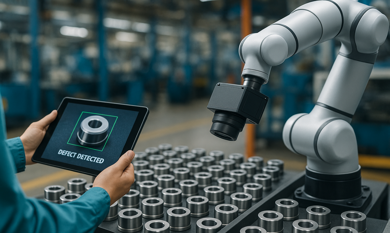
.png)

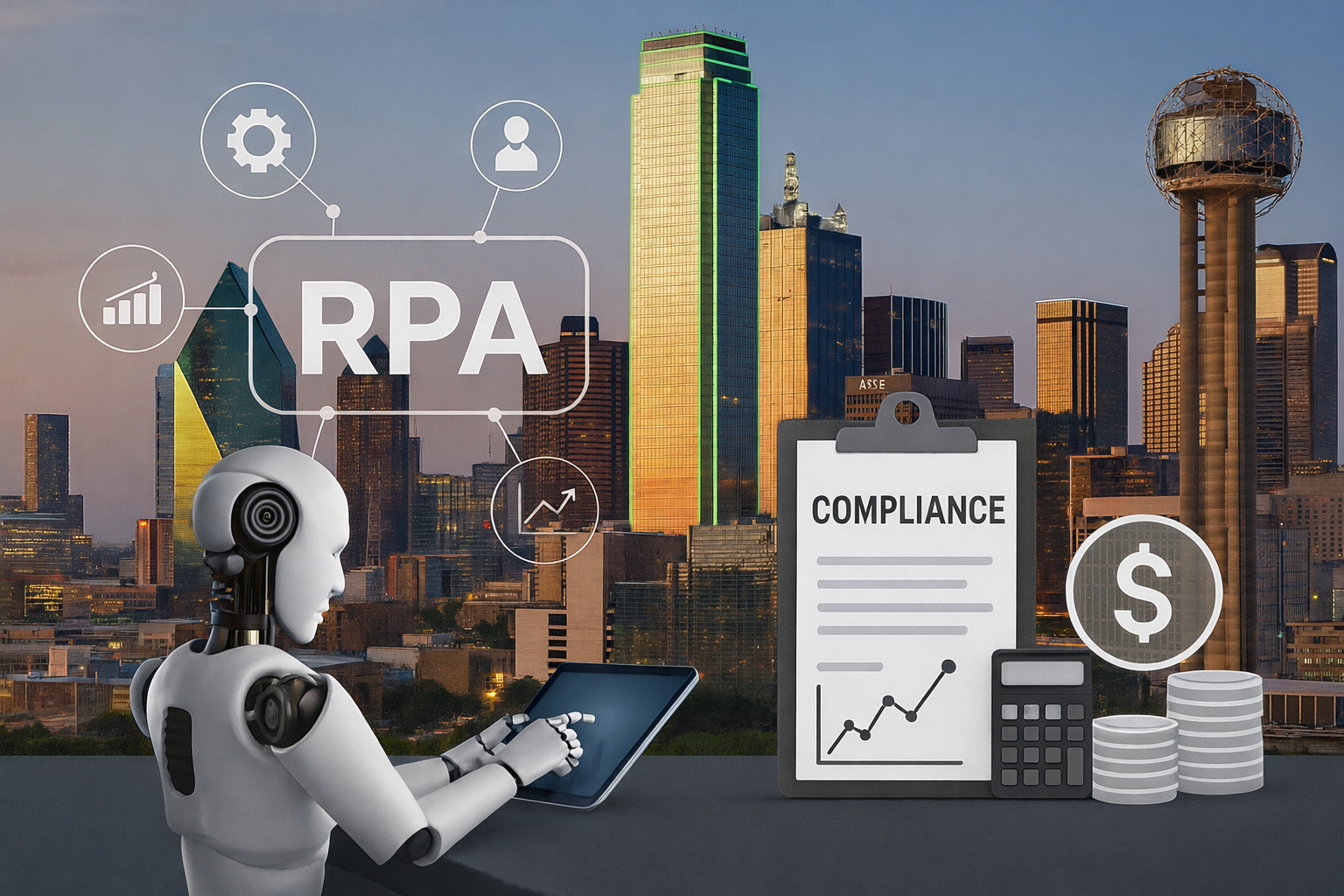

.png)



.png)








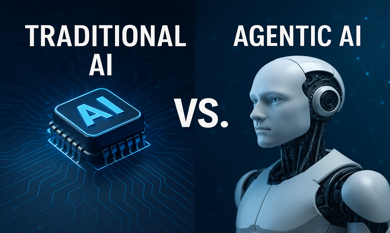
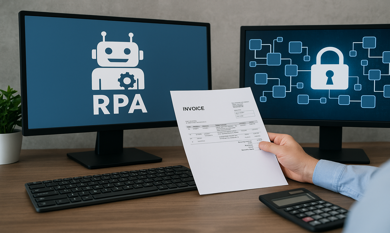

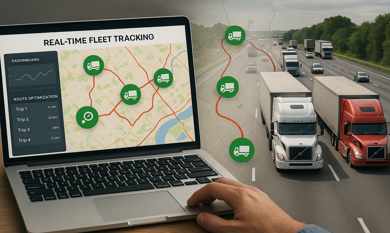





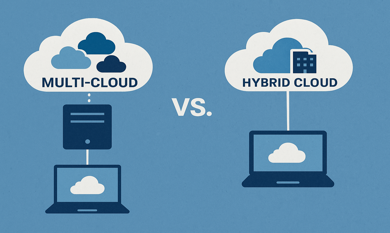

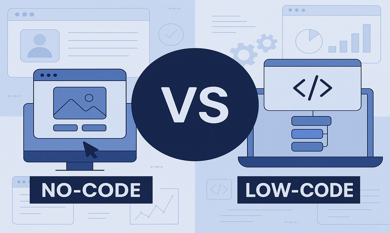
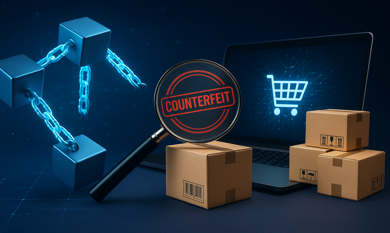







.png)
.png)


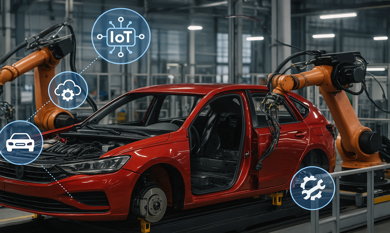



.png)

.png)
.png)
.png)


.png)
.png)
.png)
.png)

.png)





